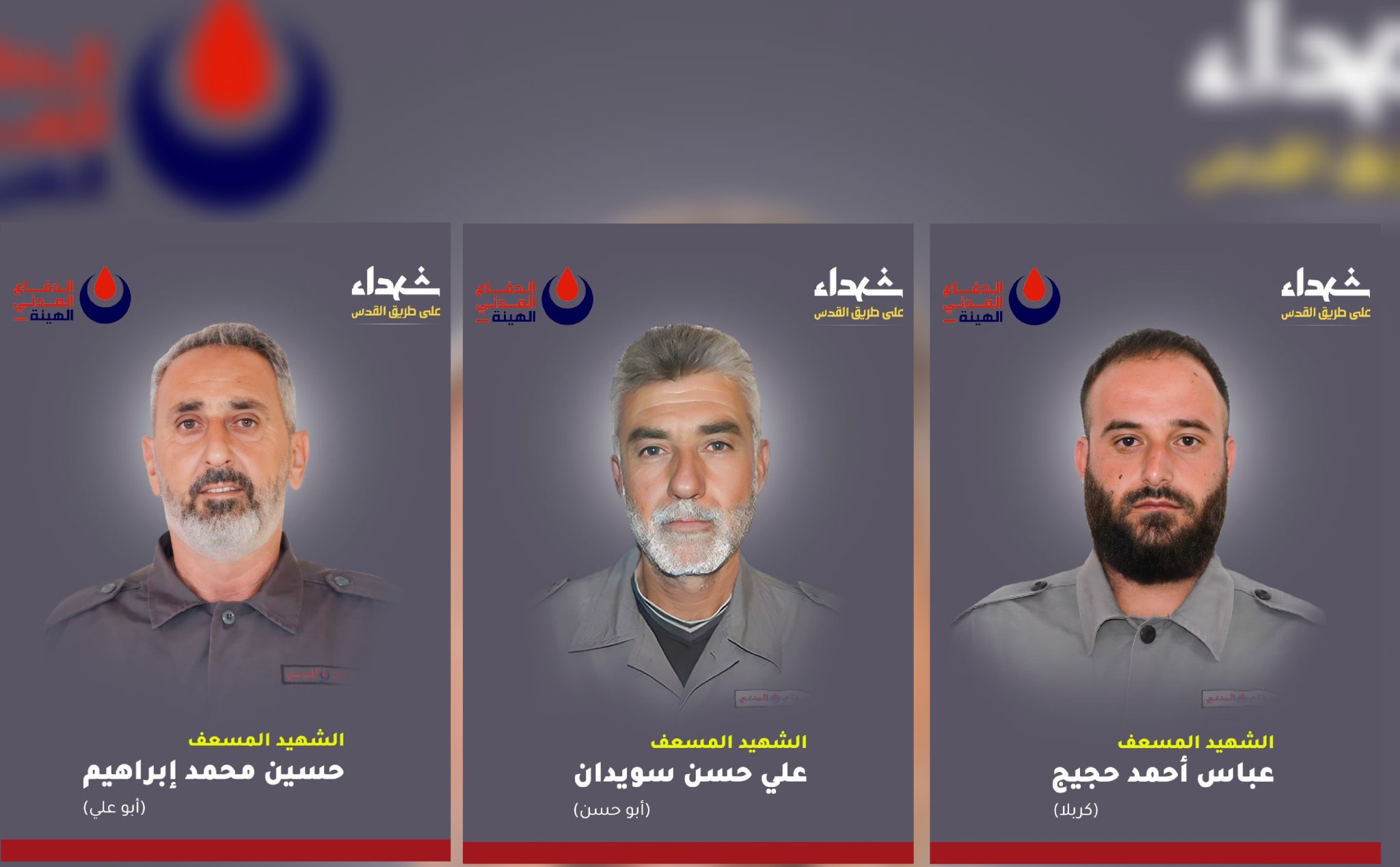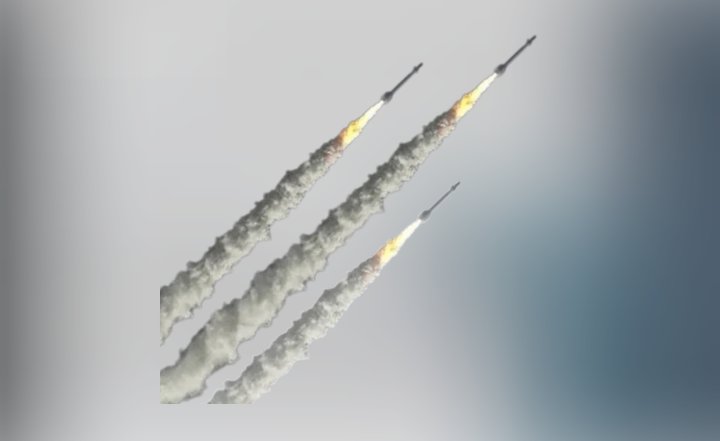
ELAINE PASQUINI
A Lebanese woman shouts at policemen outside of a bank in the town of Hazmieh where two depositors broke in demanding access to their trapped U.S. dollar savings, on Nov. 2, 2022. Banks in Lebanon have imposed withdrawal limits on clients due to the country’s financial meltdown. (MARWAN NAAMANI/PICTURE ALLIANCE VIA GETTY IMAGES).
Washington Report on Middle East Affairs, January/February 2023, pp. xx-xx
Waging Peace
THE CLOSING PANEL of the National Council on U.S.-Arab Relations’ conference in Washington, DC on Nov. 3 featured an update on Lebanon by former U.S. ambassador to Morocco Edward M. Gabriel, who is also the president and CEO of the American Task Force on Lebanon (ATFL).
The maritime border agreement recently negotiated between Israel and Lebanon was “diplomacy at its best,” Gabriel asserted. “Now that the dispute and the threat of instability is gone, it will open up the market for investors to come in there in the oil and gas area.”
The deal reached on Oct. 11 between the two adversaries will bring “some sort of security to south Lebanon and bring some prosperity,” Gabriel said. Although economic benefits will not appear for five to eight years, “it was a great win for the region,” he averred. He believes that money generated by energy exploration off Lebanon’s shores should be put into a sovereign wealth fund to make sure it does not go to “corrupt politicians.”
In the short term, the outlook for Lebanon is still bleak. With a poverty rate at around 80 percent, the country’s humanitarian situation continues unabated, Gabriel noted. Fuel is in short supply and households only have electricity two hours each day.

Edward M. Gabriel discusses the myriad challenges facing Lebanon. (STAFF PHOTO PHIL PASQUINI)
The United States’ proposal to bring Egyptian gas into Lebanon through Syria should increase power availability to about ten hours a day, Gabriel related. The arrangement is close to becoming a reality, he noted, and the Lebanese government is working to set up a regulatory commission that would independently regulate electricity. World Bank financing of the Egyptian gas deal is contingent on the creation of the commission.
Among other pressing issues, Gabriel noted that Lebanese universities are facing dire conditions. One private university doesn’t even have pens and paper and holds its classes virtually, he noted. Lebanon, once known for its education system, is losing about 40 percent of university workers and professors.
The country’s healthcare sector is still declining, and to improve medical services for the population the ATFL is attempting to send U.S. doctors to Lebanon. “We think that the healthcare problem is not short-term,” Gabriel warned.
While parliamentary elections in May resulted in opposition parties acquiring more seats than Hezbollah and its traditional allies, “the opposition must come together,” he insisted. A new president has not been elected since former president Michel Aoun’s term ended Oct. 30, but the parties are going through a democratic process “in which they are fighting with each other to elect the right kind of president,” Gabriel said. “The United States hopes the parliament chooses a president that meets the needs of the people of Lebanon and has the competence to lead it out of this disaster.”
—Elaine Pasquini
——————————————————–



